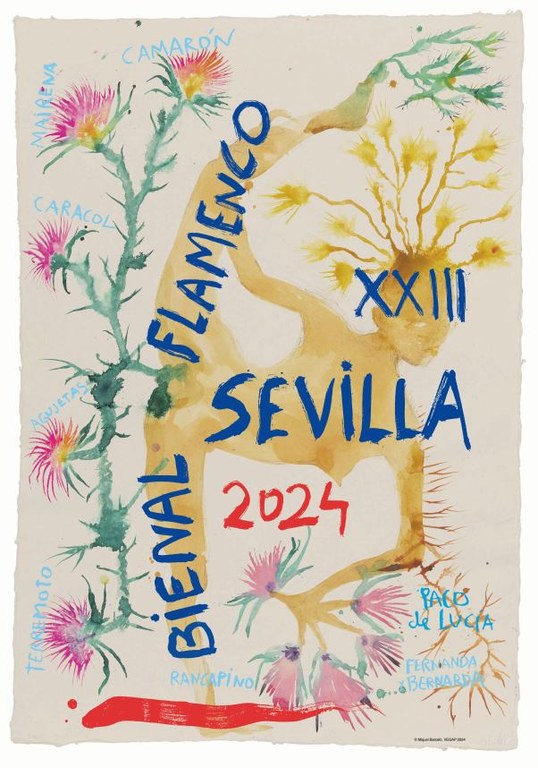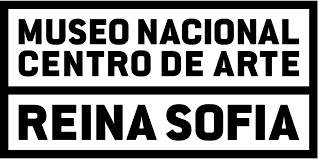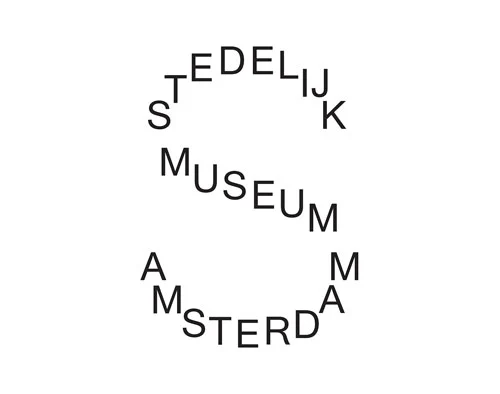« LA VITA NUOVA », ROMEO CASTELLUCCI A LA RECHERCHE DE L’EDEN

LA VITA NUOVA – ROMEO CASTELLUCCI – Kanal-Centre Pompidou, Bruxelles – du 28 novembre au 3 décembre 2018.
On perçoit le sens d’un début, ici, dans un grand parking d’automobiles, où une dizaine d’hommes se sont donnés rendez-vous. Ce sont des frères, et ils ont pris la décision de faire naître un autre mode, nouveau, meilleur, d’être ensemble. Meilleur par rapport à quoi ? Au monde dont ils se sont séparés, à l’activité aliénante, au travail, à la politique et à l’art. Ils ne croient plus à ces formes de la vie sociale.
Ici, dans ce parking gris, qu’il soit européen, américain, chinois, russe, australien, africain, sud-américain, doivent se produire les transmutations des objets et les renversements de toutes les valeurs de l’art et de l’humanité. Ici et maintenant, partout.
C’est le point de départ, le point d’où l’on part. L’un d’entre eux, plus que tout autre, se sent investi de la responsabilité de faire une annonce. Parler ne suffit pas, c’est l’avenir dont il faut parler. Que doit-il arriver ? Comment devons-nous nous comporter pour que cela se produise ? Lui et ses frères sont les prophètes d’une nouvelle vie, née simplement de leur condition humaine actuelle, qui conserve sans doute certaines formes typiques des religions ancestrales, mais qui a expressément besoin d’inventer d’autres formes et ornements, à commencer par la pauvreté de réalité.
La réalité est un désert pervers, dont l’indifférence consiste dans la coexistence synchronique de toutes les formes, dans le flou et la similitude universelle, dans laquelle l’art est aussi tombé pour la dernière fois. Même les couleurs sont complices de ces actes répréhensibles. Les prophètes sont donc vêtus de blanc. Leur révolte consiste à parler et à inventer de nouveaux dispositifs pour la vie quotidienne, quel que soit le contexte dans lequel ils existent. Ce n’est plus le moment de retourner à sa base d’origine; rechercher les racines des ancêtres; redécouvrir Eden.
Ces lieux n’existent plus et doivent donc être réinventés de manière réaliste en utilisant tout ce qui est disponible. c’est, ici et maintenant, le parking avec les voitures et la poussière. Les frères se sont rebellés contre la dictature des perceptions et des habitudes, contre la saturation de l’expérience, l’espace opaque de leurs jours, l’asphyxie, la perte des sens. Les prophètes ne courent pas après le vide, ni le plein : ils confirment le maintenant et l’ici.
C’est là que doit naître la nouvelle vie de la Terre a minima, celle de ceux qui construisent de nouveaux foyers domestiques et esthétiques. L’esthétique domestique est la dimension concrète de la vie quotidienne, qui alimente et explique tous les sens. Ces frères détestent les artistes, car ceux-ci disent des choses et ne les font pas. Par dessus tout, dans toutes leurs œuvres : ils disent des choses et ne les font pas. Selon les prophètes, les artistes se sont livrés à un art de la ressemblance totale, même s’ils prêchent le contraire. Les prophètes opposent l’art de vivre contre l’art. Ils restent immobiles et écoutent la croissance biologique plutôt que de faire la queue lors de grandes expositions.
Ici, dans ce parc de stationnement gris européen, américain, chinois, russe, australien et latino-américain, se trouve le lieu de la transmutation des objets et de l’évaluation de toutes les valeurs de l’art et de l’humanité.
Ici et maintenant, n’importe où.
The sense of a beginning hovers in the air, here, in a large parking lot, where a handful of men has arranged a rendezvous. They are brothers, and they intend to inaugurate a new and better way of living together. Better, compared to what? Compared to the world they have cut themselves off from, their alienated roles, their salaries, politics and art. They no longer believe in these forms of social life.
The peace of dust reigns over the garage, or rather an acute melancholy created by the dust-covers draped over the many cars left here in storage. Screeching wheels echoing off sheets of metal seem to throw flares of light over the potentiality of the resting motors. Like beasts in a cage, these cars are the cells of the new seed that the brothers intend to bury. They have nothing phantasmagorical in their hands: no colours, no perfumes, no marvels for the senses. Nothing; or, better yet, they have this desolate parking lot fill of inert cars.
This is the starting point, the point of departure. One of them, more than any other, feels the responsibility to make an announcement. Speaking is not enough, it is the future that must be spoken of. What must happen? How must we behave, for it to happen? He and his brothers are the prophets of a new life, born simply out of their current human condition, which retains, no doubt, some forms typical of ancestral religions, but that expressly needs to invent other forms and ornaments, beginning with the poverty of reality. Reality is a perverted desert, whose indifference consists in the synchronic coexistence of all forms, in indistinctness and universal similarity, into which, the last to do so, art too has fallen. Even colours are accomplices in this wrongdoing, and so the prophets are dressed in white. Their revolt consists in speaking out and inventing new devices for daily life, in whatever context they eventually exist. This is no longer the time to return to one’s home base; to search for the ancestors’ roots; to rediscover Eden.
These places do not exist anymore, and so they must be reinvented, realistically, using whatever is available; that is, here and now, the parking lot with the cars and the dust. The brothers have rebelled against the dictatorship of perceptions and habits, against the saturation of experience, the opaque space of their days, asphyxia, the loss of the senses. The prophets are not chasing after the void, nor the full: they confirm the now and the here. This is where the new life of the earth-less must arise, the life of those who construct new domestic and aesthetic hearths. Domestic aesthetics is the concrete dimension of daily life, that fuels and explains all of the senses. These brothers hate artists, because they say things, and do not do them. Above all their works: they say things, and do not do them. according to the prophets, artists have given themselves over to an art of total resemblance, even if they preach the opposite. The prophets set the art of living against living with art. They stand still and listen to biological growth, rather than standing in line at huge exhibitions.
Here, in this grey European, American, Chinese, Russian, Australian, Latin American parking lot, is where transmutations of objects and transvaluations of all values of art and humanity.
Here and now, in the anywhere.













